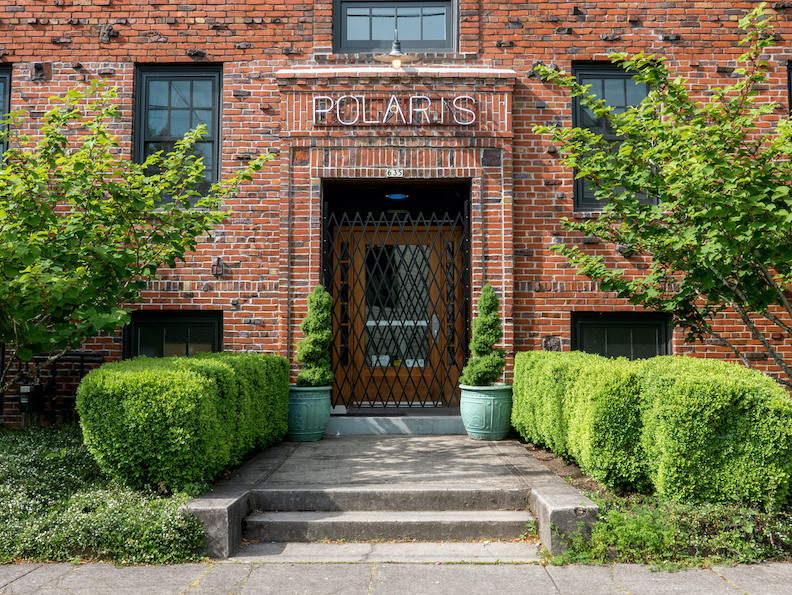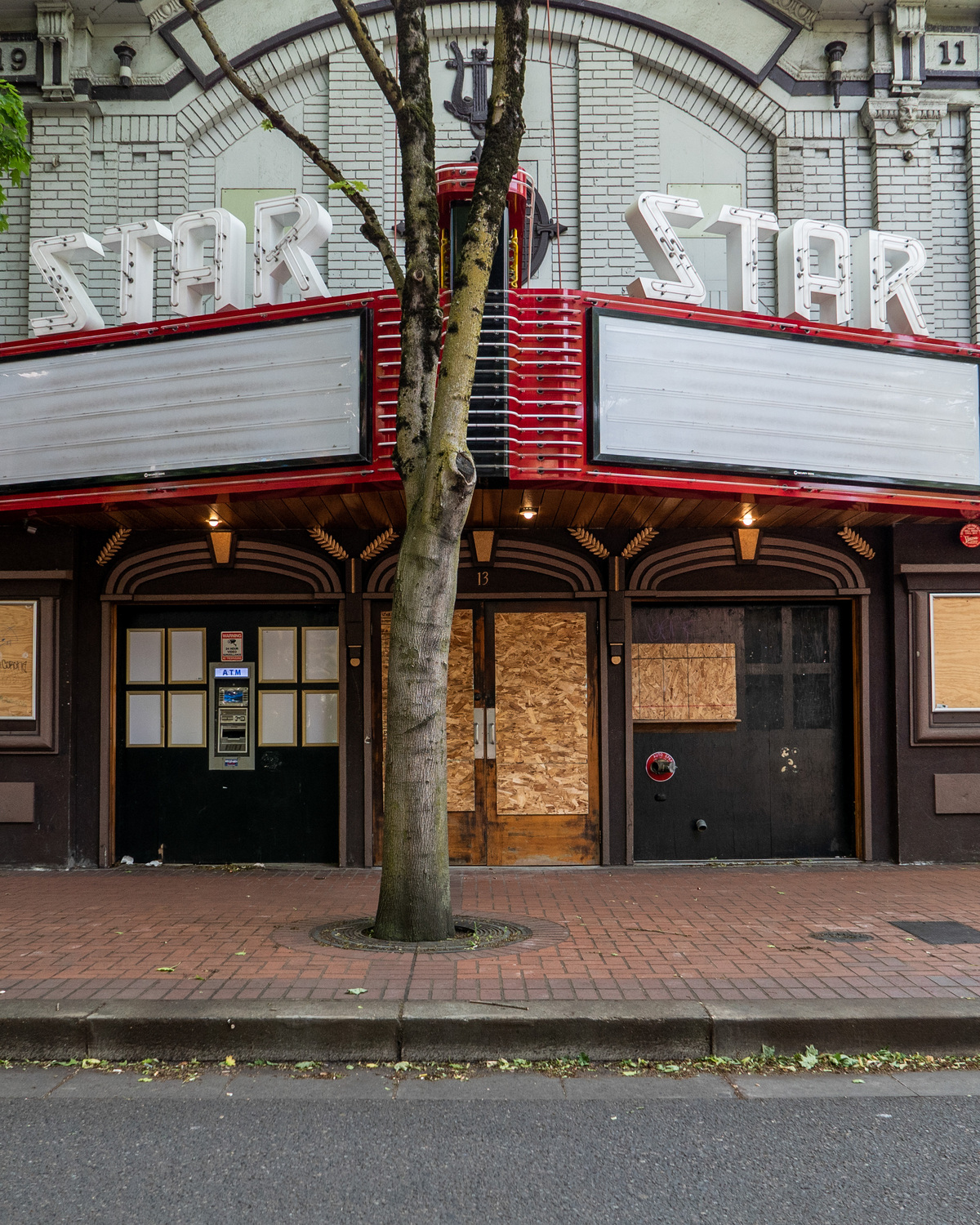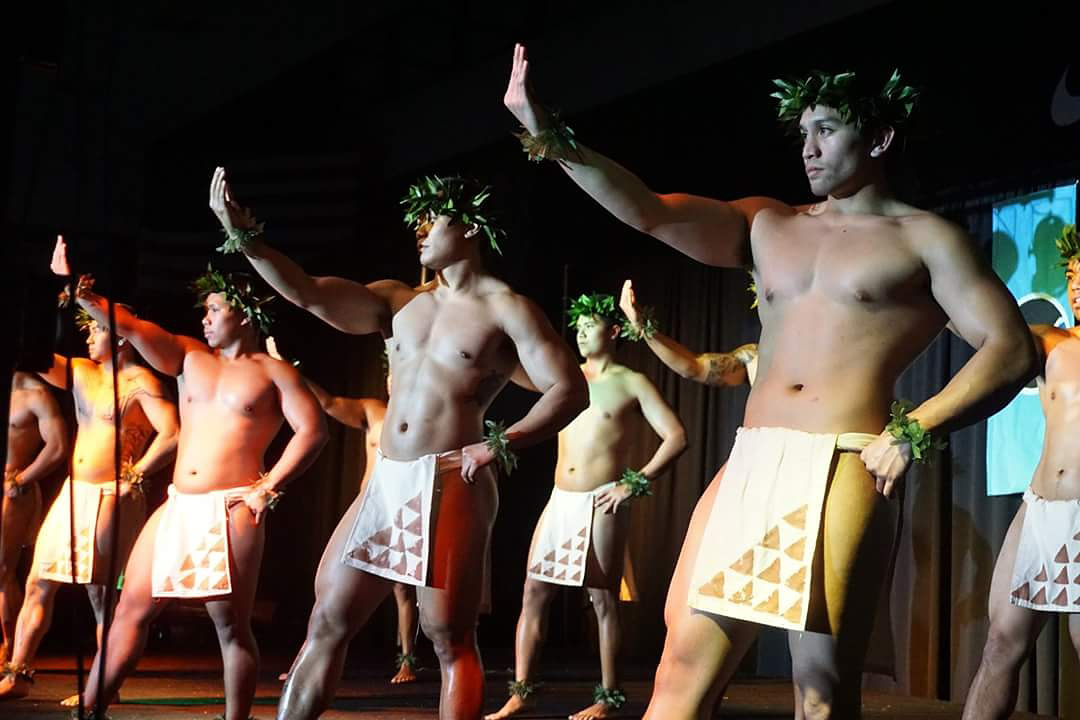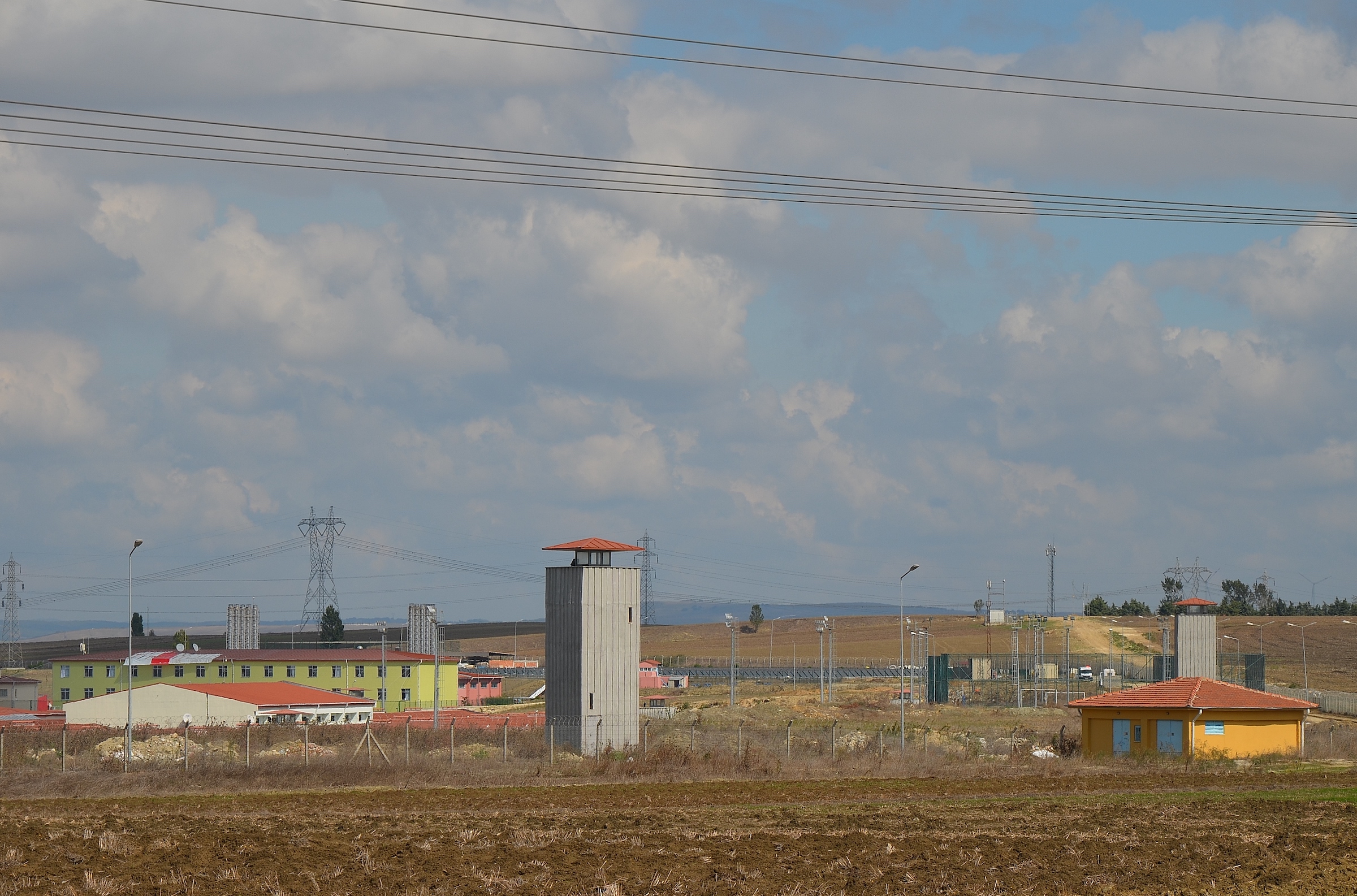Arts venues in Portland are in a precarious situation. Facing even longer closures than restaurants and higher overheads, many are left with few options for survival.
“It’s a renegade state—we’re completely independent,” said Jim Brunberg, owner of Mississippi Studios, Revolution Hall and Polaris Hall. “Almost all the venues in Oregon are independent. And we’ve all bonded together, a hundred of us.”
Brunberg is a founding member and driving force behind the Independent Venue Coalition, a new trade association of over 100 independent venues in Oregon. The group is seeking federal, state and local aid for assembly spaces in Oregon, arguing they have one of the most difficult recovery situations and irreplaceable cultural value.
“The problem is, nobody has offered any help to our industry,” Brunberg said. “There are lots of aid programs out there for small businesses, and that’s good, but there aren’t any programs out there for independent venues, which are a little too big to qualify for ‘mom and pop’ help but too small to qualify for the big federal help.”

Part of the issue is venues have high operational costs and, unlike restaurants, can’t furlough or lay off most employees during the pandemic. “We can’t lay off people—we have to keep around essential people so that the place doesn’t fall apart into the chaos of messed-up contracts and unanswered emails,” Brunberg said. Additionally, venues can’t effectively generate revenue at half or quarter capacity to enforce social distancing. Concert spaces are budgeted to require a full house.
Samantha Van Der Merwe, founding artistic director at Shaking the Tree Theatre, said her space is facing similar challenges. “Shaking the Tree has a small staff [of two]. We are doing general administration as well as plenty of grant writing, and planning for when things open back up.”
Van Der Merwe said she divides her time now between administrative tasks and painting, devising a new art installation that could be effectively displayed while maintaining social distancing.
“In the wake of the COVID-19 restrictions, I had an idea of making a giant art installation as a gift for the community to experience after the restrictions are lifted,” Van Der Merwe said. “The goal is to only use materials on hand, and eventually hire a sound designer and lighting designer, and stage manager—keeping costs very low.”
Other venues in Oregon are finding other ways to use their space. Many concert spaces are allowing artists to use their space to record streamed performances, but the experience and the revenue is nowhere near the same.
“Artists need to make a living, and they’re out there doing the streaming and it’s great that they’re able to do that, but it doesn’t help the venues,” Brunberg said. “The survival is going to come from the public holding out to their tickets, buying future tickets and writing letters for federal aid. It shouldn’t just be the big sports ball organizations that get federal aid, because these venues are the places that keep the local economy humming.”






